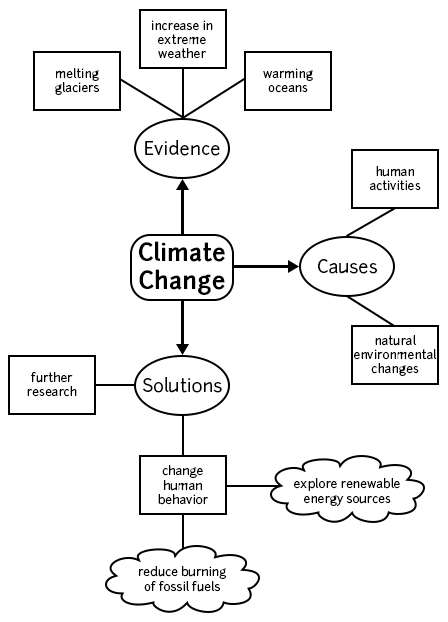Welcome!
This guide will introduce you to library resources that will help you conduct architecture research!
Undergraduate Architecture Majors completing a Degree Project (Fall Arch-501 and HMS-497B, Spring Arch-503 and HMS-498B) do independent research guided by faculty. In addition to the history, theory and contemporary practice and media of architecture, students are expected to research a topic of their choice within a theme set by their instructors. This DP Research guide offers a starting point for identifying secondary and archival sources.
You can check which Pratt Library resources are recommended for your DP studio below. This includes recommended keywords for searches, relevant databases and books or other materials available at or through Pratt Libraries.
Architecture Journal Highlights
Choosing Your Topic
When brainstorming a potential research topic, it is helpful to consider:
- What are the requirements of the assignment?
- What interests you?
Once you have a basic idea of what topic you want to explore, you'll need establish the big picture. What are the major issues involved in your topic? What are the terms associated with it?
Based on what you find, a more narrow topic should reveal itself as your research progresses. You'll want to refine your topic so that you can focus on a few main points. Determining a more concentrated topic or research question will make writing easier, and your finished project will be more effective.
Keywords: Gathering Information
When doing research on a building, architectural form, construction method, or concept, start by developing keywords about your topic. Consider:
- Building Name (including any local names or nicknames)
- Architect and/or Firm's Name
- Building Type
- Style
- Construction Methods or Materials
- Location
- Date
Continue to build a bank of keywords, as it will simplify the research process. Here are some ways to determine other keywords and search terms:
- Gather background information and identify key words or concepts.
- Brainstorm other search terms: think of synonyms, more technical terms, or official language vs. colloquial language.
- Think of more specialized language to get even more specific. If you aren't getting many results, try going broader.
- Think about the ideas and terms that are related to your subject.
- Check the terms and subjects in the catalog record of relevant articles and books.
Even when you've got a good keyword bank started, keep adding to it!
Architectural Precedents
In architecture, precedents
Why use precedents?
- They help you communicate an idea you are trying to achieve by finding an existing example
- They are useful references
- They can show you examples of how to solve problems in plan, section, detail, elevation It can teach you about the architecture of another place and help develop design ideas for your space
- Inspiration!
Concept Mapping
Concept maps, or mind maps, are a great strategy for beginning and developing your project. They can help you organize your thoughts and ideas in a visual manner to see how different components relate and connect. They are also helpful for structuring (and restructuring) your writing.
Here are two samples:





